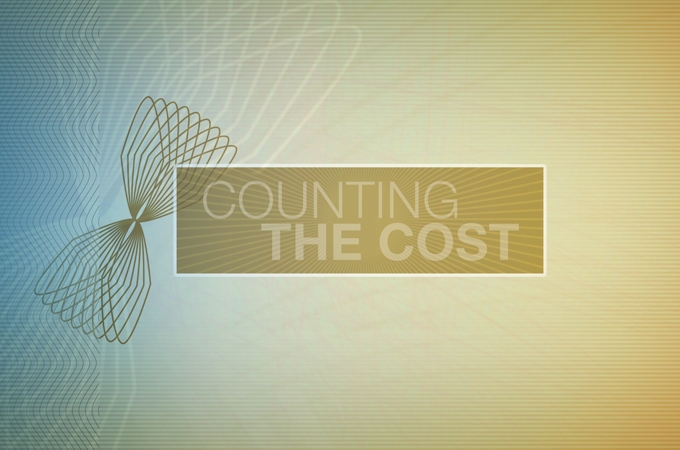
Banking on BRICS
Can the new BRICS development bank challenge the dominance of the World Bank and the IMF?
Shortly after the FIFA World Cup, Brazil hosted the sixth meeting of leaders of the BRICS nations: Brazil, Russia, India, China and South Africa.
Since 2009, BRICS leaders have been gathering – promoting the idea that a strategic shift is underway in the global economy from the developed to the largest and fastest growing developing economies. But really, what were they other than five countries with a catchy title who met once a year?
Keep reading
list of 4 itemsRussia’s Putin eyes greater support from China for Ukraine war effort
India-Iran port deal: A gateway to Central Asia or a geostrategic headache?
India’s income inequality widens, should wealth be redistributed?
This changed recently in Brazil as the BRICS leaders advanced an agenda of concrete actions, including a deal to create two banks and two funding institutions to rival the likes of the World Bank and the International Monetary Fund (IMF).
On paper they hardly fare well against their competitors, but maybe that is not what this is all about; maybe it is about emerging nations finding some real clout – the kind of influence they feel they have not had in existing institutions.
So, can a BRICS development bank challenge the dominance of the IMF and the World Bank? Will it shift the global balance of power? And are the BRICS countries economically – as powerful as they are – ready for such a massive multilateral undertaking?
Al Jazeera’s Gabriel Elizondo sets the scene in Brazil, explaining what the BRICS have agreed to build. And then we speak to Michael Foundethakis, the head of Europe, Middle East and Africa banking with Baker McKenzie.
Lighting up Nigeria
It is hard to believe that more than a century after the light bulb was invented much of the African continent remains in the dark after nightfall. Basically, there is just not enough power.
We focus on Nigeria which is Africa’s biggest economy, and its most populous nation; yet it needs $2.9tn to fully connect the country to the electricity grid over the next three decades. Yvonne Ndege reports from Nigeria.
Our business editor Abid Ali spoke to Akinwole Omoboriowo, the CEO of one of Nigeria’s biggest power companies, Genesis Electricity about what was being done to address Nigeria’s power shortages and the rise of solar power.
Footballing woes and fortunes
Counting the Cost also looks at football and the ongoing allegations of poor labour rights, bribery and corruption that have dogged Qatar’s successful bid to host the 2022 World Cup.
The International Trade Union claims that poor saftey standards could cost the lives of 4,000 mostly-South Asian migrant workers, just in the building of infrastructure. And there is the bid itself – did dirty money play a role in Qatar’s surprise win?
Our sports correspondent Lee Wellings spoke to Nasser Al-Khater, a member of Qatar 2022’s Supreme Committee.
Watch each week at the following times GMT: Friday: 2230; Saturday: 0930; Sunday: 0330; Monday: 1630. Click here for more Counting the Cost . Follow Kamahl Santamaria @KamahlAJE and business editor Abid Ali @abidoliverali . |
